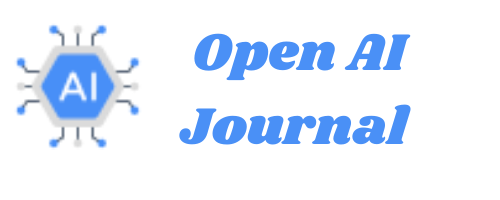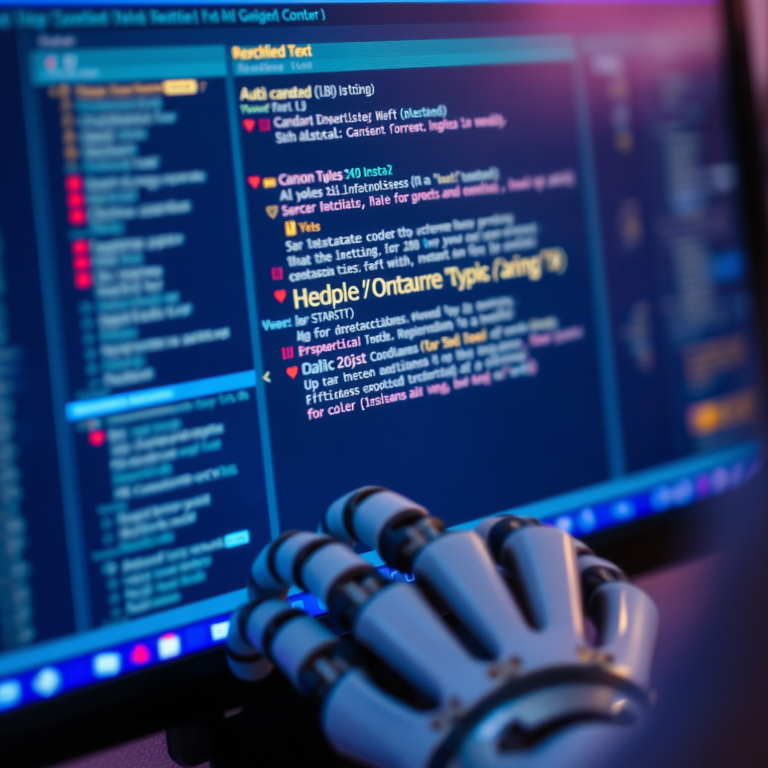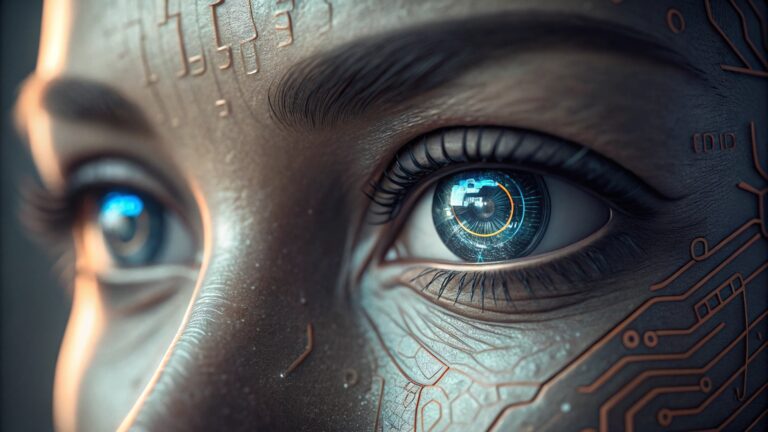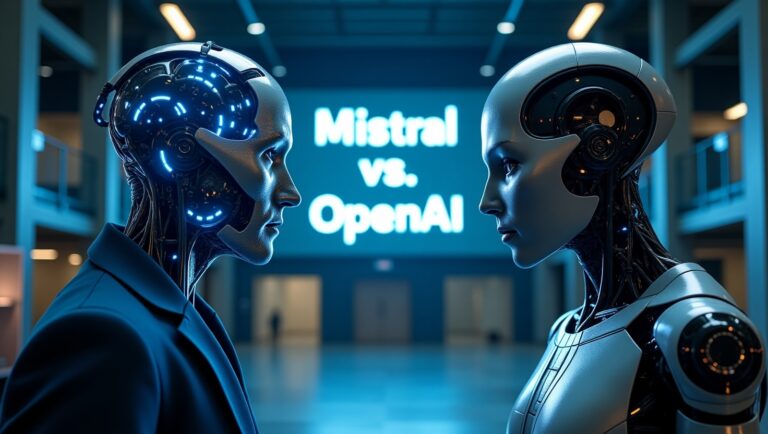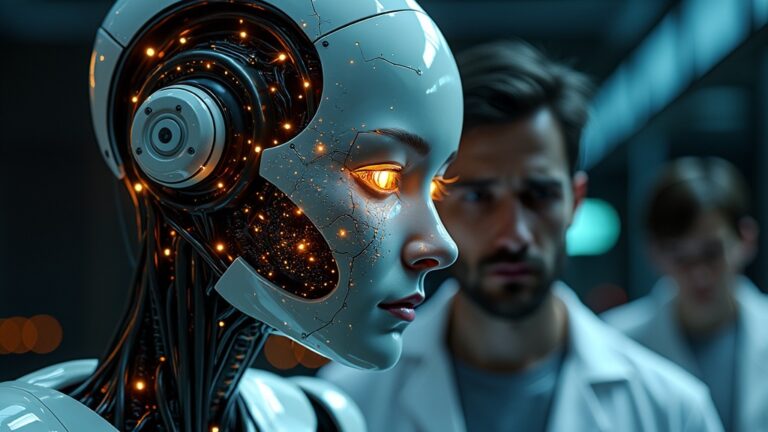Is AI in Everyday Life Making Us Smarter or Dangerously Dumber?
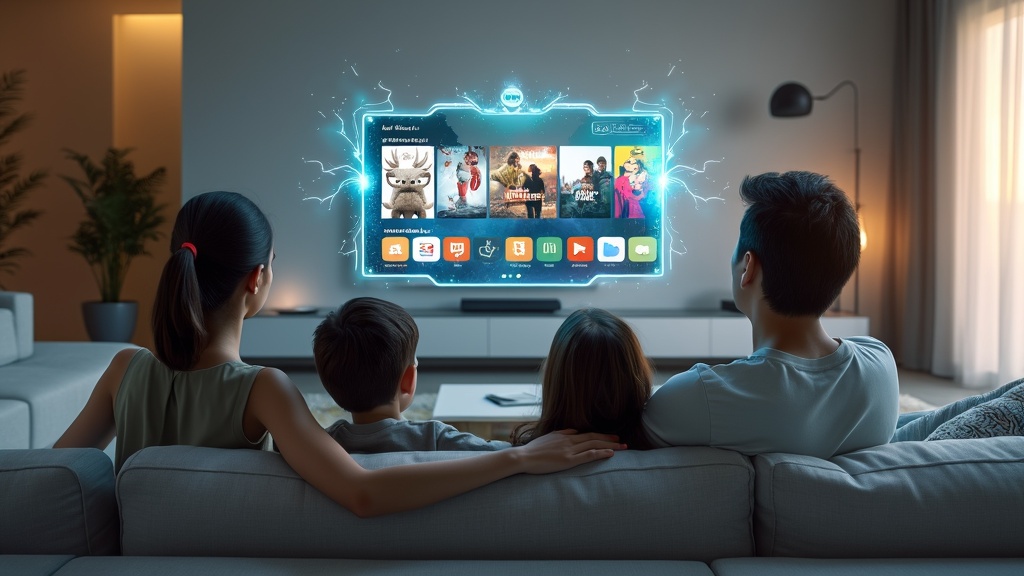
Table of Contents
Introduction
Artificial intelligence (AI) has quietly woven itself into the fabric of our daily routines, revolutionizing how we interact with the world. From the moment we wake up to the sound of an AI-powered alarm to the curated playlists that accompany us through the day, AI in everyday life has become more than just a futuristic concept—it’s our reality. But this integration isn’t always obvious. Many of us rely on AI without even realizing it, whether it’s through virtual assistants, smart home devices, or personalized shopping recommendations.
The ubiquity of AI in everyday life is reshaping industries and personal experiences alike. It’s enhancing convenience, automating repetitive tasks, and making once-complex processes seamless. Yet, with this growing influence comes a set of questions: Are these advancements improving our lives, or are we becoming overly reliant on technology? Is AI empowering us, or is it quietly dictating our choices?
This article explores some of the most compelling examples of AI’s presence in daily life, diving into its transformative power, ethical implications, and what it means for the future. Whether you’re an AI enthusiast or someone just beginning to notice its impact, this journey through AI in everyday life will show you how much the world around you has changed—and where it’s headed next.
1. AI in Personal Assistance
Smart Assistants: Your Digital Right-Hand
Virtual assistants like Siri, Alexa, and Google Assistant are more than just voice-command gadgets—they’ve become integral parts of our routines. These AI-powered tools can set reminders, answer questions, control smart devices, and even tell jokes. Did you know that over 50% of smartphone users interact with voice assistants regularly? This growing trend highlights the shift toward hands-free convenience.
Moreover, the technology is evolving rapidly. Assistants are becoming more conversational and context-aware. For example, you can now ask your assistant to “play my favorite morning playlist,” and it will tailor the response based on your past behavior. In the future, they might predict your needs before you even articulate them—a true glimpse of AI anticipating human intent.
Chatbots: Revolutionizing Customer Support
AI chatbots are ubiquitous in industries ranging from banking to e-commerce. They’re fast, efficient, and available 24/7. Imagine you’re trying to resolve a billing issue at midnight—no problem, because chatbots are always online. In fact, 80% of customer service interactions are now handled by chatbots.
These bots don’t just save time; they enhance the overall customer experience. Companies like Spotify use them to troubleshoot tech issues, while others like Sephora integrate AI chat to provide makeup recommendations. They’re not perfect, but they’re constantly improving, learning from interactions to deliver even better results.
2. AI in Smart Homes
AI-Powered Appliances: The Future Is Here
Gone are the days when a fridge was just a cooling box. Today, AI-enabled refrigerators suggest recipes based on what’s inside, while washing machines adjust settings for optimal efficiency. Smart thermostats like Nest use machine learning to adapt to your habits, reducing energy usage and saving money. According to studies, smart homes equipped with AI can save households up to 30% on energy bills annually.
AI is also enhancing convenience. Picture this: you’re on your way home, and your AI-enabled coffee maker starts brewing your favorite blend, timed perfectly to your arrival. These innovations aren’t just luxuries—they’re redefining how we live.
Home Security Systems: Smarter and Safer
AI-powered security systems are game changers in home safety. With features like facial recognition, motion detection, and real-time alerts, these systems ensure your home is protected even when you’re miles away. For example, Ring’s AI cameras can distinguish between a stray cat and a potential intruder, minimizing false alarms.
Statistics back their efficiency—homes equipped with AI security systems are 300% less likely to be burglarized. Beyond traditional security, these systems also monitor environmental factors like smoke or water leaks, making them comprehensive safety solutions.
3. AI in Transportation
Navigation and Traffic Management: Smarter Journeys
Have you ever used Google Maps to navigate through traffic? That’s AI in action. These apps analyze vast amounts of real-time data to predict the fastest routes, saving you time and reducing stress. By 2022, AI-powered traffic systems were estimated to have saved drivers an average of 33 hours annually in major cities.
Beyond navigation, AI is improving public transportation with predictive maintenance, ensuring trains and buses run smoothly. Autonomous traffic signals that adapt to flow are reducing congestion in smart cities, showcasing the far-reaching impact of AI in urban mobility.
Autonomous Vehicles: The Road Ahead
Self-driving cars are no longer a distant dream. Companies like Tesla and Waymo are pioneering autonomous vehicles (AVs), aiming to make roads safer and commutes more efficient. Did you know that 94% of road accidents are caused by human error? AVs promise to reduce this significantly by leveraging AI for decision-making.
While the technology is still maturing, the implications are enormous. Imagine a future where traffic fatalities drop dramatically, and road trips are as relaxing as sitting in your living room. However, challenges like legal regulations and public trust remain hurdles to widespread adoption.
4. AI in Entertainment

Streaming Services: Personalized to Perfection
If you’ve ever binged a Netflix series because it “just knew” you’d love it, thank AI. Streaming platforms use advanced algorithms to analyze your preferences and recommend content tailored to your tastes. This personalization boosts user engagement—Netflix claims that 80% of its watched content comes from recommendations.
AI doesn’t stop there. It also optimizes video quality based on your internet speed and ensures subtitles align perfectly, enhancing your viewing experience. As these systems evolve, expect even more immersive and intuitive entertainment options.
Gaming: Beyond the Console
In the gaming world, AI is creating smarter opponents and more dynamic environments. Ever played a game where the enemies adapt to your tactics? That’s AI learning in real time. Games like “The Last of Us” utilize AI to deliver emotional, story-driven experiences.
Beyond gameplay, AI is revolutionizing development. Procedural content generation allows designers to create vast, intricate worlds with minimal manual effort, offering gamers richer experiences than ever before.
5. AI in Shopping
E-commerce Recommendations: Your Personal Shopper
Every time you see “You might also like” while shopping online, you’re interacting with AI. These recommendation engines analyze your browsing and purchase history to predict what you’ll want next. Amazon, for example, generates 35% of its revenue through AI-driven upselling.
AI isn’t just about selling more; it’s about improving the shopping experience. By understanding customer preferences, AI helps brands deliver better value, increasing customer satisfaction and loyalty.
Virtual Try-Ons: Try Before You Buy
Gone are the days of guessing whether a pair of glasses will suit you. AI-powered virtual try-ons allow you to see products in real time, reducing uncertainty and increasing confidence in purchases. Major brands like IKEA and Sephora have adopted this technology, and studies show it has led to a 40% reduction in product returns.
6. AI in Health and Fitness
Wearable Devices: Your Personal Health Coach
Wearable tech like the Apple Watch and Fitbit uses AI to track your health metrics, from heart rate to sleep quality. These devices don’t just collect data—they provide actionable insights, encouraging healthier lifestyles. According to surveys, 20% of adults now use wearable devices to monitor their fitness, reflecting their growing popularity.
AI-Powered Health Apps: Accessible Care for All
Apps like MyFitnessPal and Ada bring healthcare to your fingertips. Whether it’s tracking your calories or identifying symptoms, these tools make health management simple and affordable. While they’re not a substitute for doctors, they’re a valuable complement to traditional care.
7. AI in Communication
Language Translation: Breaking Barriers
AI-powered tools like Google Translate are bridging linguistic divides, enabling people from different cultures to communicate effortlessly. Neural machine translation has improved accuracy, making it easier than ever to connect with others globally. In fact, over 500 million people use Google Translate daily.
Email Management: Smarter Inboxes
Email AI tools like Gmail’s Smart Compose simplify communication by predicting what you want to say. These features save time, reduce errors, and make digital correspondence smoother.
8. Ethical Considerations of AI in Daily Life
AI’s integration into our lives isn’t without challenges. Concerns around data privacy, algorithmic biases, and job displacement need addressing. For instance, 60% of consumers worry about how companies use their data.
Balancing innovation with ethical responsibility will be crucial as AI continues to advance. Open dialogue, transparent practices, and robust regulations will help ensure AI serves humanity’s best interests
Conclusion
Artificial intelligence is no longer a futuristic concept—it’s here, shaping our lives in ways we never imagined. From making our homes smarter to enhancing our entertainment and shopping experiences, AI is revolutionizing the mundane. As we embrace these advancements, it’s essential to remain informed, responsible, and open to the possibilities.
So the next time your virtual assistant sets an alarm or your streaming platform recommends a show, take a moment to appreciate the incredible power of AI—and the exciting future it promises.
